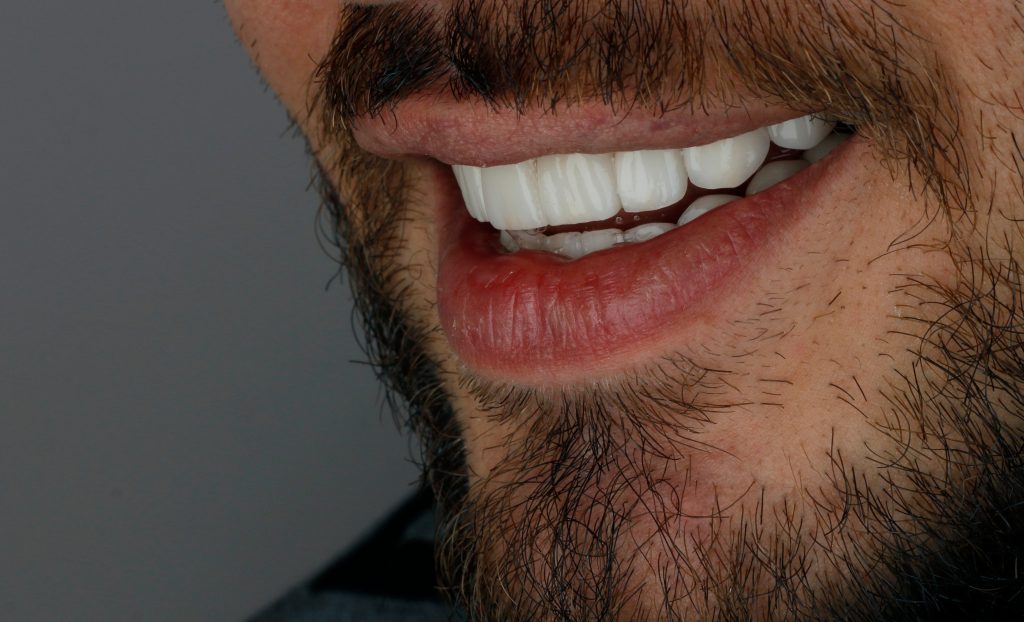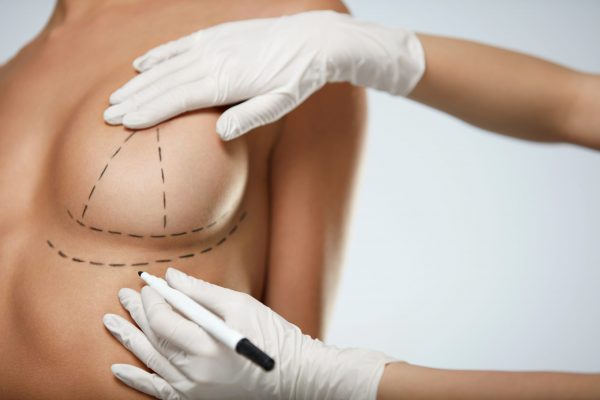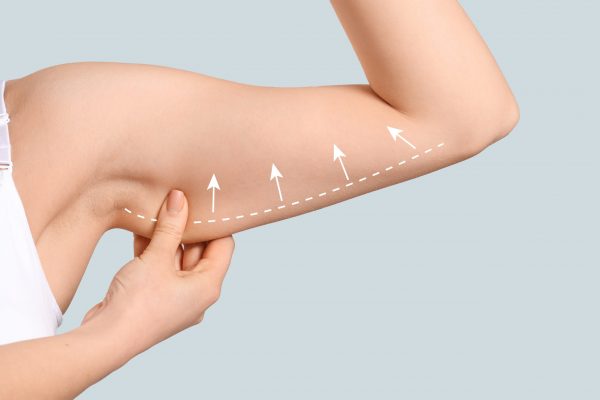
Enlarged Breasts In Men – Gynecomastia Surgery in Turkey
Gynecomastia surgery (male breast reduction) is a procedure that removes excess breast tissue. The procedure may involve liposuction, excision (using larger incisions), or a combination of both. People choose to have this procedure to improve self-confidence, enhance their appearance, and reduce discomfort that can result from larger breasts.

What is Gynecomastia?
Gynecomastia is the enlargement of the breast tissues in boys or men.
Gynecomastia can affect one or both breasts. More than half of male infants are born with enlarged breasts due to the effects of their mother's estrogen. The enlarged breast tissue goes away within 2-3 weeks after birth. The condition affects about 1 in 4 men between the ages of 50 to 69. Gynecomastia is not usually harmful or serious but it can be tough to cope with the condition as it can affect confidence.
In some cases, it can result in issues such as sore breast tissue or pain, swelling, and nipple discharge in one or both nipples. Men and boys with gynecomastia may feel embarrassed and this may cause psychological and emotional problems.
Gynecomastia Surgery in Turkey
There is usually gland development along with the fat component. With gynecomastia surgery, both the gland and fat are removed. There is one category of patients where only gland enlargement is present and the desired result can be achieved by gland removal without liposuction. The procedure is generally done by liposuction or by removing the excess fat through incisions. At Juna Clinic, we provide gynecomastia surgery in Turkey by our expert surgeons to get rid of the excess tissue from the desired breast area. The surgery is done under general anesthesia and a night stay at the hospital is recommended.
Causes of Gynecomastia
Gynecomastia is caused by an imbalance of the hormones estrogen and testosterone. The male body produces both estrogen and testosterone and a larger breast may develop in a man if the levels of testosterone are especially lower than estrogen. This decrease may be caused by natural hormone changes, medications, or conditions that reduce testosterone level or increases estrogen level.
Recovery After Gynecomastia Surgery in Turkey
Following the surgery, the holes, or adits, are left open to drain as much of the blood-tinged tumescent anesthetic solution as possible. The fluid is absorbed by pads held in place by a garment which is required to be worn for at least four weeks. Elastic binders are generally used on top of this for additional compression. It’s essential to carry out sufficient compression during the first 18 to 24 hours following surgery to avoid bleeding and excessive bruising. In most cases, dissolvable stitches are used. Swelling can last about a month and after a month, swelling will start to disappear. The shape and appearance following the surgery are fully displayed after 6 months.
Gynecomastia Surgery Costs Turkey
Generally, the average cost of Gynecomastia surgery in Turkey starts from £2600. The offers usually come with a fully inclusive treatment package such as a hotel with VIP transfer, gynecomastia surgery with compression garments, post-op medications, blood tests, preoperative tests, General anesthesia, a yearly follow-up, and personal assistance.
Types of Breast Implants
If you are undergoing a breast augmentation or a breast lift with implants (augmentation mastopexy), then you will likely be wondering what breast implant types are out there, and what the best choice is for you.
Silicone Breast Implants & Saline Breast Implants
The outer shell of the implant is made of silicone. Silicone implants are filled with silicone gel and it feels more like a natural breast tissue. Silicone breast implants are more preferred as they come in different sizes and are more durable.
The outer shell of a saline implant is also made of silicone. However, saline implants contain sterile salt water. For saline implants, the surgeon first places the silicone shell inside the breast pocket and then fills it with saline solution during the surgery.
These are not as common since they can cause rippling. In case it ruptures, the saline will be absorbed naturally by the body.
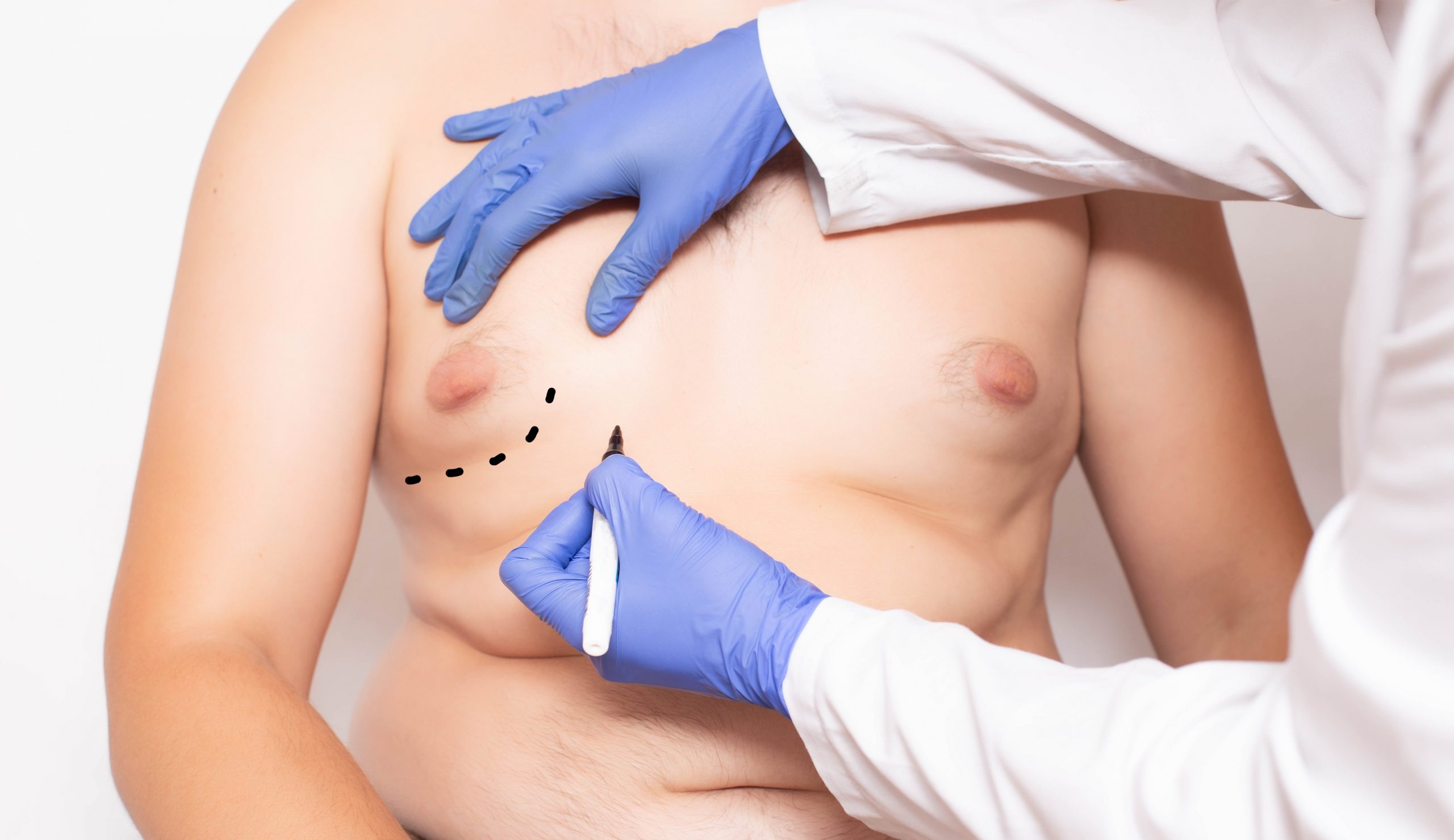
Smooth Breast Implants & Textured Breast Implants
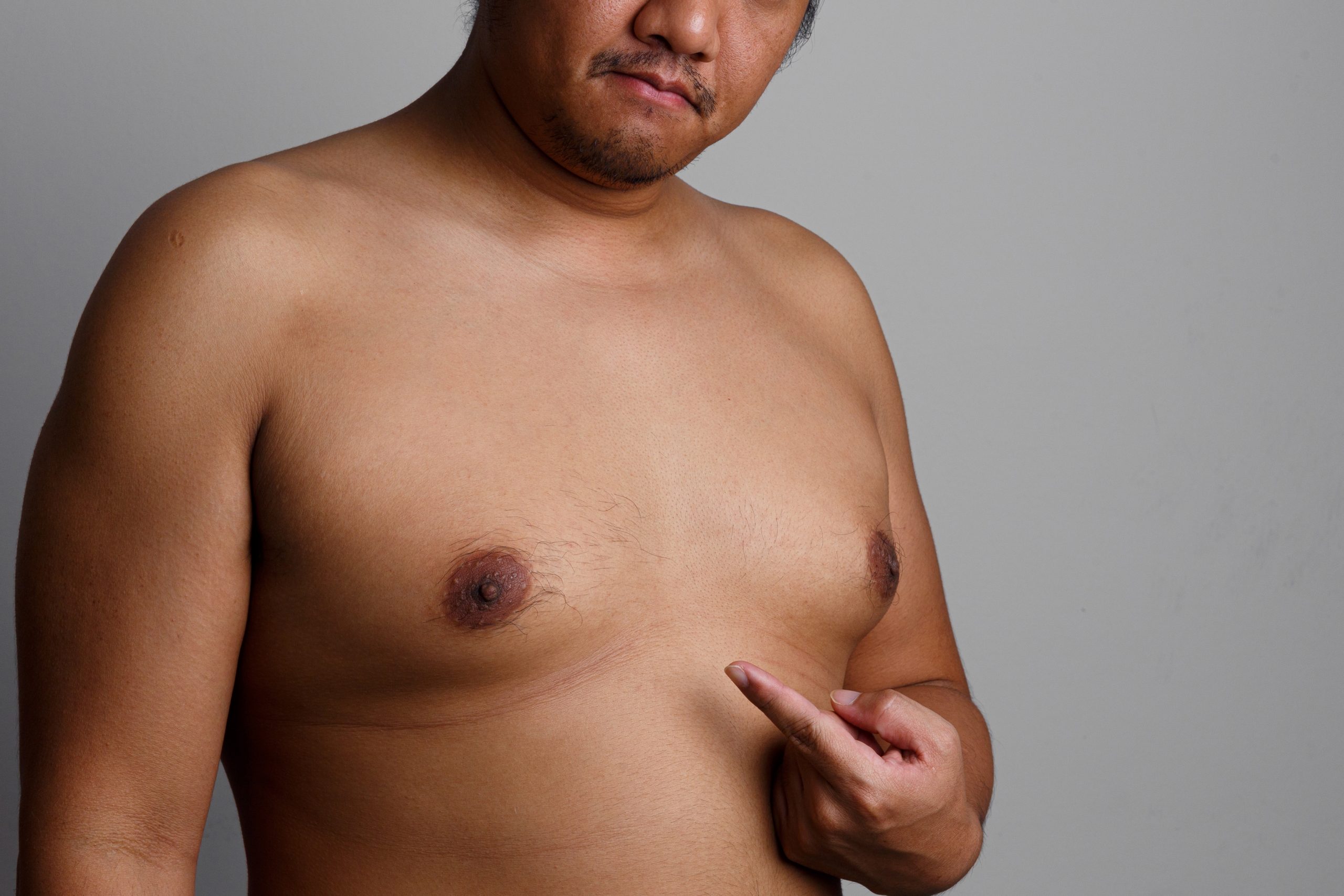
Breast implants can be either smooth or textured. Smooth breast implants come with the softest feeling while textured implants have a rougher surface. Smooth implants may move more naturally whereas textured implants can hold the implant in place better.
Teardrop Breast Implants & Round Breast Implants
Round implants are round-shaped and they provide more fullness at the top of the breasts with a curvier look. Teardrop implants are oval-shaped and they come with more fullness at the base towards the chest wall and less roundness towards the nipple giving a more subtle, natural result.

Types of Incisions
Breast implants procedure in Turkey come with types of incisions such as peri-areolar, doughnut, and inframammary incisions.
- Inframammary Incision: Inframammary incision is the most commonly used incision technique in breast implants surgeries. This incision is located in the fold of the skin under the breast. It is usually not visible as incisions are just beneath the breasts.
- Periareolar/Doughnut Incision: This incision is done around the areola. The incision is usually made on the lower half or circle around the areola where a breast pocket is created above or underneath the muscle. Afterward, an implant is slid through the incision, moved into the breast pocket, and positioned by the plastic surgeon to achieve the best result.
Area of Placement
Breast implants procedure in Turkey come with three types of area of placement.
Subglandular placement (Behind the breast tissue):
This is the most common technique of breast implant placement. The implant is placed under the breast tissue but above the chest muscle.
Submuscular placement (Behind the best muscle):
This technique involves placing the implant directly under the chest muscle. Submuscular placement is generally more stable than subglandular placement and may be a better option for women with very thin breast tissue or who are very active.
Dual-Plane Augmentation:
This technique combines the subglandular and submuscular placements as the breast implants are placed directly underneath the breast tissue and partially behind the chest muscles. This technique is generally more preferred by surgeons as it lasts longer.
Results and Recovery Process of Breast Augmentation
Generally, this procedure requires a night stay in the hospital and you can go back to your hotel the following day. It is normal to feel tightness in the chest right after the surgery and the breasts may feel tender and appear as higher. After the first month, they will start to get settled, and at least 3-6 months following the surgery, you will be able to see the results of the surgery.
You will be given a bra to wear for supper after the surgery. In addition, kindly make sure to take them on time if any medications are provided by the surgeon. We recommend not extending your arms for at least a week after the surgery and we recommend avoiding any physical activity or heavy lifting for at least 3 weeks after the surgery.
In addition, a more detailed explanation will be presented and you will be given instructions on dos/don’ts by your personal assistance before you travel back home from Turkey.
Gynecomastia Frequently Asked Questions
Is there noticeable scarring after the surgery?
As long as the incisions are made carefully by the surgeon, the incision lines should fade considerably in the natural folds of the skin after surgery. Most patients are happy to get rid of the excess fat/tissue on their enlarged breasts for barely noticeable scars.
Will my breasts grow back after the surgery?
In most cases, the results of gynecomastia surgery are long-term or permanent. On the other hand, there are causes that may lead to the recurrence of gynecomastia such as weight gain, steroid or drug use, and hormone fluctuations.




